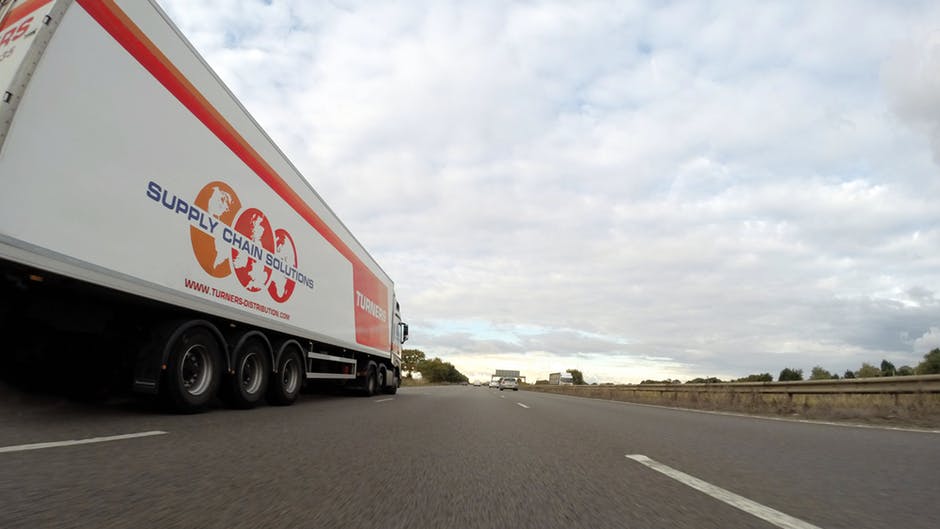Advances in Technology Could Revolutionise Trucking
The effects of the electric vehicle revolution are already being felt in the car market. But the impact on the haulage industry could be even bigger.
Take a look at any car and driving related website or magazine, and you will see a plethora of stories regarding electric vehicles (EVs). From France stating that it will outlaw production on petrol and diesel engine cars from 2040 to Volvo committing to an electric version of every car in its range by 2020, it seems that the electric vehicle revolution that has been so long promised is finally upon us.
Of course, cars only account for a certain percentage of the vehicles on the public roads. A vast tonnage of freight is transported across Europe’s roads every day of the year, and European groupage services have made this mode of transport even more popular among those exporting everything from multiple container loads to single packages.
For as long as we have had road haulage, the price of fuel has had an impact on the price of everything, from loaves of bread in the supermarket to consumer electronics and white goods. How might the EV era affect this dynamic?

EV evolution
In 2013, there were 2,000 electric vehicles in use on the UK’s roads. This year, that number stands at 85,000 and by 2020, it is expected to be around 700,000. There have been electric vehicles around since the 1970s, but until recently, these were slow, impractical, had a short range and were essentially restricted to the “concept” area at the annual motor shows. They were a tantalising peek at the future, and that future did not look like much fun.
The EV revolution really started with the Honda Insight and Toyota Prius. These petrol / electric hybrids had their shortcomings, but the point was that they came with major tax incentives and proved that EV technology could deliver a viable car for day to day use. People started buying them, the manufacturers then started ploughing serious R&D investment into making them better, and the snowball was on the move.
The Tesla era
Hybrids were a great start, but they still rely heavily on the internal combustion engine. The next step was to develop a fully electric car that had the speed, acceleration and, most crucially, range of a petrol or diesel. Tesla were pioneers in delivering just that in the passenger car market. Their Model S luxury car has a restricted maximum speed of 155mph, 0-60 time of around 3 seconds and a range of 250-300 miles.
Now that the mainstream manufacturers are focusing on the EV market, Tesla have moved their attention to the world of HGVs. Founder Elon Musk tweeted that the Tesla Semi (that’s American speak for an HGV tractor unit) would be unveiled next year, and BMW has already produced a limited number of fully electric 40-ton trucks that it uses to transport components between its facilities.
Speed of change
While electric trucks are not yet filling the roads as cars are, when they do, we can expect uptake to be faster. Cars are driven by individuals, who make their choices through habit, emotion and for all sorts of reasons, both logical and otherwise.
For the haulage companies, it is all about the numbers. The moment electric vehicles represent a more cost-effective return on investment, you can bet they will all convert to electric. And Europe’s roads will never look the same again.




